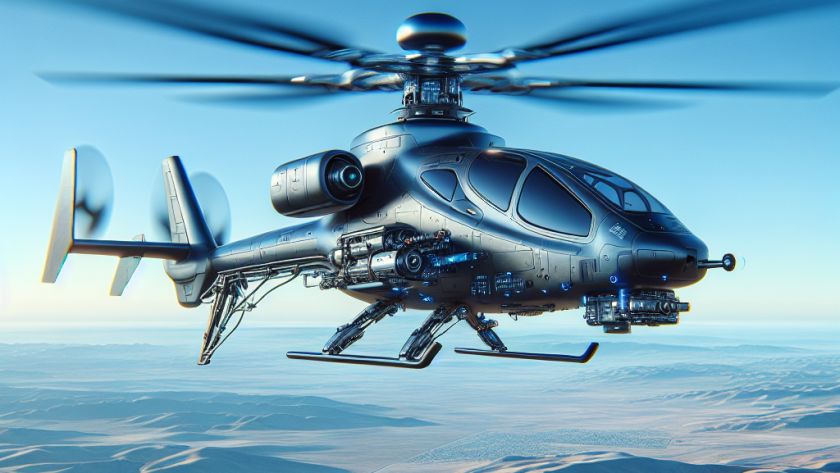Administration, Aeronautical and astronautical engineering, Alumni/ae, Artificial Intelligence, Computer Science and Artificial Intelligence Laboratory (CSAIL), Electrical Engineering & Computer Science (eecs), Faculty, Leadership, MIT Schwarzman College of Computing, Robotics, School of Engineering, UncategorizedJuly 25, 2024229Views0Likes0Comments










